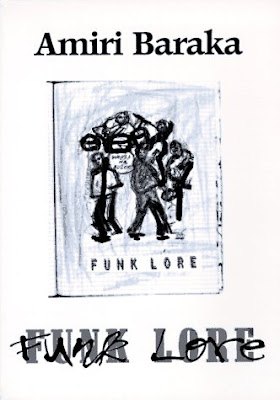EL DIA MAS DELICIOSO DE MI VIDA by ARTURO MANTECON

Reading by Eileen Tabios El Dia Mas Delicioso De Mi Vida by Emeterio "El Chango" Landeros as told to Arturo Mantecon (Prickly Pear Publishing, 2022). Poetry. In its introductory remarks, much is made about how EL DIA MAS DELICIOSA DE MI VIDA by Arturo Mantecon is an exercise in “code switching” (where text switches back and forth between languages). This made me double-check the book’s publication year and I was disappointed to see 2022 because by then code switching isn’t so new (Pinoy poets have been doing it a while) and I thought the book would provide an early example. Nonetheless, in my reading experience (which is limited on this issue), this book has a more equitable distribution of the involved languages (English and Spanish) unlike other poems I’ve seen where it’s still mostly English so that the non-English word can be construed based in context. Since I’m not fluent in Spanish, how does one experience this project then? At first, I ...







